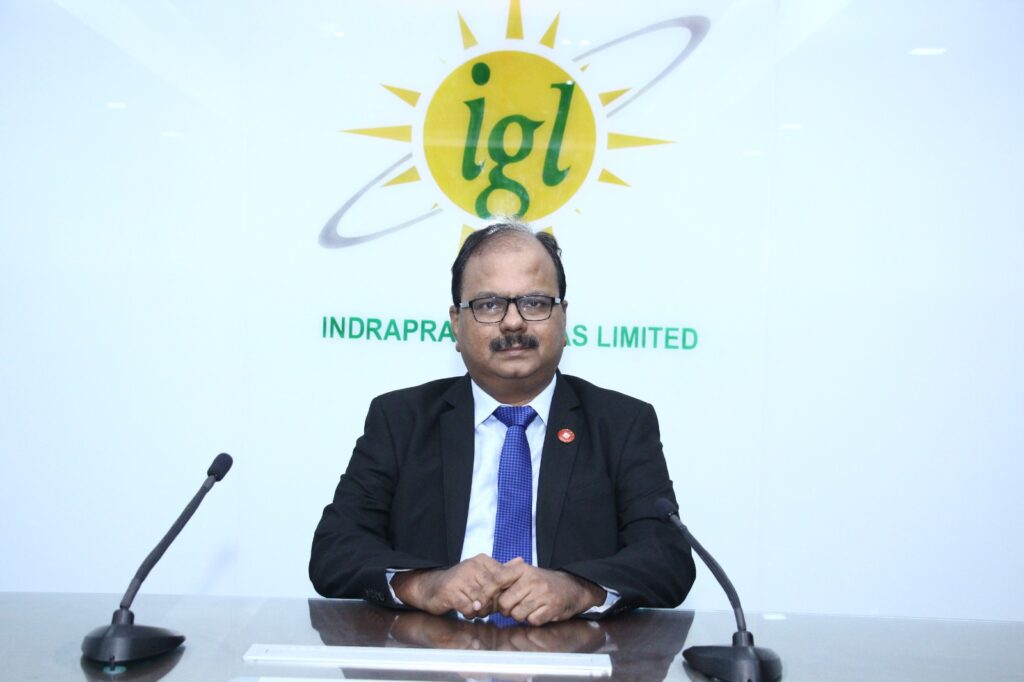In the dynamic landscape of India’s energy sector, ES Ranganathan, former Managing Director of IGL, emerges as a prominent voice advocating for the primacy of human capital development. With a focus on sustainability and innovation, Ranganathan underscores the critical role of skilled workforce development, particularly within the oil and gas industry, as India transitions towards a greener economy.
Ranganathan emphasizes the urgency of addressing talent shortages in the green economy, highlighting its significance not only from a moral standpoint but also as a strategic imperative for securing a sustainable future. Traditionally reliant on fossil fuels, India’s energy landscape is undergoing a transformation towards renewable sources, necessitating a workforce adept at navigating sustainable practices.
Central to ES Ranganathan advocacy is the recognition of existing skills gaps within the industry. Technological advancements and shifting market dynamics demand a concerted effort to bridge these gaps, encompassing both upskilling current workers and attracting new talent. Ranganathan proposes robust education and training programs as a key strategy, aimed at cultivating a pool of skilled professionals capable of driving sustainable innovation.

From Ranganathan’s perspective, human capital is not merely a resource but a driving force behind sustainability and growth in India’s energy sector. By leveraging the potential of its workforce, India can position itself as a global leader in green technology and renewable energy, fostering economic development while ensuring environmental stewardship.
In conclusion, ES Ranganathan underscores the importance of talent management and skill enhancement in India’s transition towards a green economy. By addressing skills gaps and fostering a culture of innovation, India can chart a path towards a sustainable and prosperous future in the energy sector.
